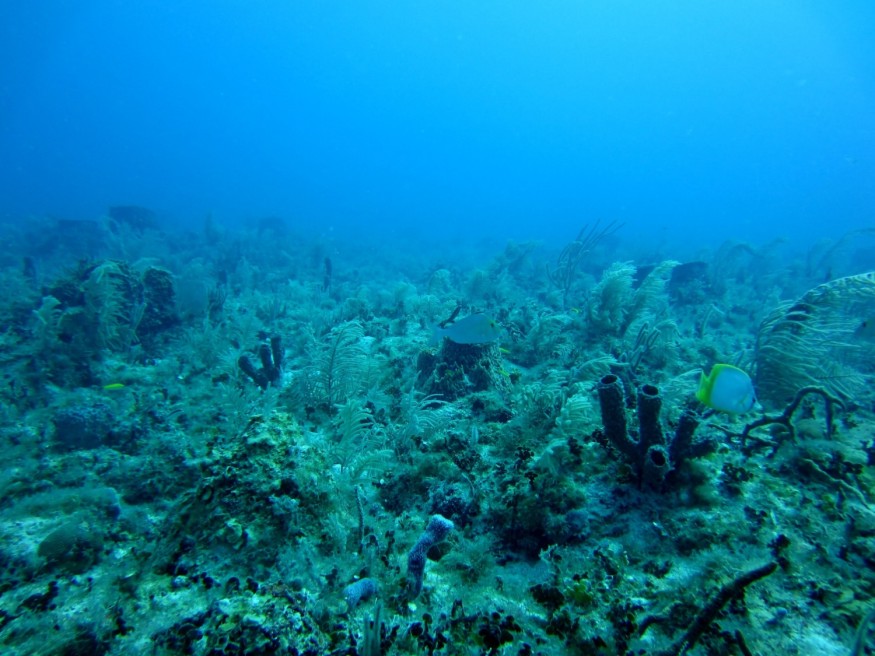Marine heatwaves killed more than 1 billion sea creatures off the coasts of Canada and the United States back in 2021, according to research, which highlights that even the said natural disaster can be intense in deeper water.
Although similar incidents in the region have been reported over the past 10 years, previous studies have shown that ocean warming or heatwaves can intensify in the coming decades.
A marine heatwave occurs when the surface temperature of the ocean surpasses its historical average for a prolonged period.
As a result, marine animals and even their ecosystems can die with little or without warning.
In 2015, thousands of dead seabirds were washed ashore along the western coast of Canada and the US. Local authorities attributed the incident to the North Pacific marine heatwave at that time.
Canada, US Marine Heatwave

Researchers confirmed that a deadly marine heatwave killed over a billion sea creatures off the US and Canada coasts in 2021.
According to reports, multiple animals along the Vancouver coast were cooked to death due to a record-breaking heatwave across the Pacific Northwest, based on preliminary data.
The catastrophic incident is also based on existing evidence that the ocean absorbs the majority of solar heat received by Earth from the Sun.
In particular, a billion shellfish and other marine animals died off the coast of British Columbia, Canada, during the 2021 heatwave.
Although there have been similar cases reported in other parts of the world in previous years, the marine heatwave event off western North America is one of the most catastrophic incidents of epic proportions in modern history.
What is the Cause of Marine Heatwave?
Marine heatwaves have become prevalent in the 21st century, with climate scientists linking the natural phenomenon to anthropogenic climate change and global warming driven by increased greenhouse gas emissions and fossil fuel burning.
One of the many areas where they have intensified is off the coast of California, where several incidents of extreme ocean temperatures have occurred in the last decade, according to the University of California, San Diego.
While the human-induced climate emergency has been linked to marine heatwaves, they may not always be the main causes.
In fact, scientists have acknowledged that ocean heatwaves are natural occurrences and part of the Earth's climate system.
With this, it has become a challenge on whether such a phenomenon is caused primarily by climate change.
Marine Heatwave Threat
Over the past century, the total number of days with marine heatwaves compared to the entire global average has increased by 50%, according to a study published in the journal Nature Communications in April 2018.
Due to the looming threat, Europe's Copernicus Marine Service warned that the main impact of marine heatwaves is triggering mass mortality events affecting an increasing number of species and their marine habitats.
Extreme thermal stress also affects coral reefs and other living organisms in the world's oceans.
© 2025 NatureWorldNews.com All rights reserved. Do not reproduce without permission.





